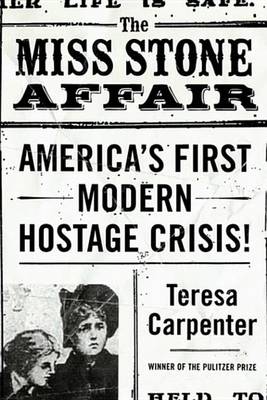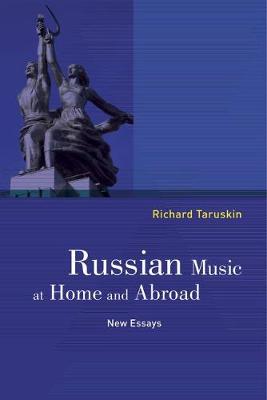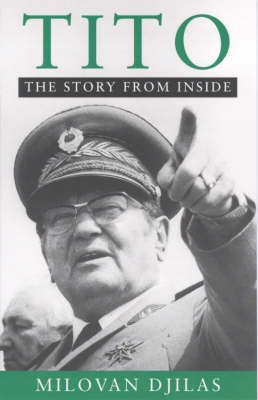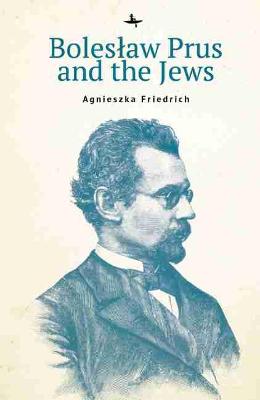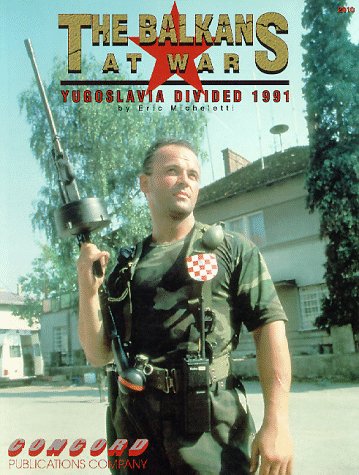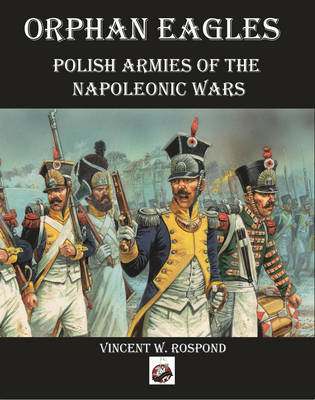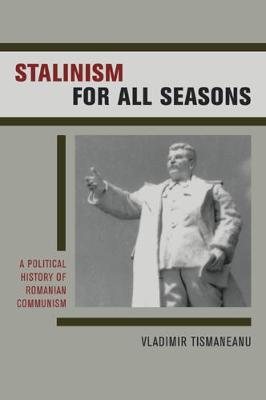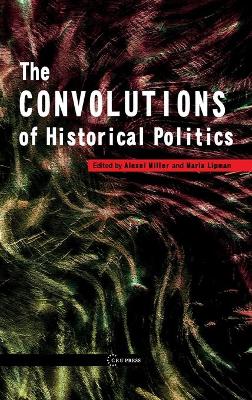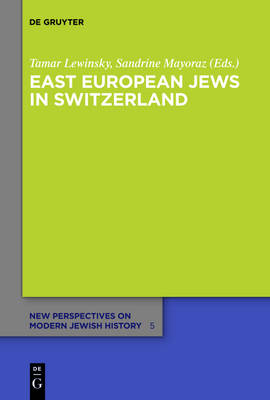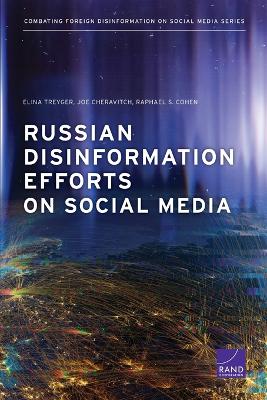An eyewitness account of the prisoner revolt at a Nazi extermination camp, and the life of a teenaged boy who survived to tell the story. A Promise at Sobibor is the story of Fiszel Bialowitz, a teenaged Polish Jew who escaped the Nazi gas chambers. Between April 1942 and October 1943, about 250,000 Jews from European countries and the Soviet Union were sent to the Nazi death camp at Sobibor in occupied Poland. Sobibor was not a transit camp or work camp: its sole purpose was efficient mass murd...
On September 3, 1901, a Protestant missionary named Ellen Stone set out on horseback across the mountainous hinterlands of Balkan Macedonia and was ambushed by a band of armed revolutionaries. In The Miss Stone Affair, Teresa Carpenter re-creates an event that captured the attention of the world and posed a dilemma for incoming president Theodore Roosevelt. Should he send in the Navy or not? And, if so, send it where? Drawing upon a wealth of contemporary correspondence and documents, Carpent...
The Long 1989
The fall of communism in Europe is now the frame of reference for any mass mobilization, from the Arab Spring to the Occupy movement to Brexit. Even thirty years on, 1989 still figures as a guide and motivation for political change. It is now a platitude to call 1989 a “world event,” but the chapters in this volume show how it actually became one. The authors of these nine essays consider how revolutionary events in Europe resonated years later and thousands of miles away: in China and South Af...
Unintended Affinities examines the ways in which German and Polish historians of the nineteenth-century regarded the Holy Roman Empire and the Polish-Lithuanian Commonwealth. The book parallels how historians approached the old Reich and the Commonwealth within the framework of their national history. Kozuchowski analyzes how German and Polish nationalistic historians, who played central roles in propagandizing a glorious past that justified a centralized modern state, struggled with how to port...
This new collection views Russian music through the Greek triad of "the Good, the True, and the Beautiful" to investigate how the idea of "nation" embeds itself in the public discourse about music and other arts with results at times invigorating, at times corrupting. In our divided, post-Cold War, and now post-9/11 world, Russian music, formerly a quiet corner on the margins of musicology, has become a site of noisy contention. Richard Taruskin assesses the political and cultural stakes that at...
Milovan Djilas was a leader with Tito of the Communist Party of Yugoslavia before World War II, and a Partisan commander alongside Tito in the mountains during the war. Considered Tito's successor, he was Vice President of Yugoslavia until 1954 when he broke with the regime, accusing it of creating a 'new class' of privileged ideologists and bureaucrats. Tito twice jailed Djilas as a dissident. Writing both in prison and out, he produced this extraordinary portrait of Tito in all his complexity;...
Boleslaw Prus and the Jews shows the complexity of the so-called "Jewish question" in nineteenth-century Congress Poland and especially its significance in Prus' social concept reflected in his extensive body of journalistic work, fiction, and treatises. The book traces Prus' evolving worldview toward Jews, from his support of the Assimilation Program in his early years to his eventual support of Zionism. These contrasting ideas show us the complexity of the discourse on Jewish issues from the i...
Das Buch bringt religioese Konflikte in der galizischen Literatur zur Darstellung. Der Schwerpunkt liegt dabei auf der Analyse von literarischen Werken, die zwischen 1848 und 1914 entstanden, als Galizien noch "oesterreichisch" und durch eine grosse ethnisch-konfessionelle Vielfalt gepragt war. Zugleich stellt die Studie den Versuch dar, die literarische Deutung konfessioneller Beziehungen zwischen der roemisch-katholischen, griechisch-katholischen und judischen Bevoelkerung in Galizien unter Be...
Barbara Von CILLI: Die Schwarze Koenigin (1392-1451) (Spectrum Slovakia, #11)
by Daniela Dvorakova
Nur selten erlitt eine mittelalterliche Frauengestalt seitens der Schriftsteller und Historiker soviel Unrecht und ging mit solch schlechtem Ruf wie Koenigin Barbara von Cilli in die Geschichte ein. In der Literatur wird Barbara seit mehreren Jahrhunderten systematisch geschmaht. Die ersten Werke, die ein negatives Bild uber sie verbreiteten, entstanden schon in der Zeit ihres Todes oder sogar noch wahrend ihres Lebens, und sie ging als Schwarze Koenigin oder Deutsche Messalina ins historische...
The Balkans at War (Firepower Pictorials Special S., #2010)
by Eric Micheletti
Taken from the precept that there is a considerable difference between real history and discourse history, Boia points out that history is constantly reconstructed, adapted and sometimes mythified from the perspective of the present day, of present states of mind and ideologies. Boia closely examines the process of historical culture and conscience in nineteenth and twentieth century Romania, particularly concentrating on the impact of the national ideology on history. Based upon his findings, t...
War and Revolution in Yugoslavia, 1941-1945: Occupation and Collaboration
Stalinism for All Seasons (Society and Culture in East-Central Europe, #11)
by Vladimir Tismaneanu
"Stalinism for All Seasons" is the first comprehensive history of the Romanian Communist Party (RCP). It traces the origins of the once-tiny, clandestine revolutionary organization in the 1920s through the years of national power from 1944 to 1989 to the post-1989 metamorphoses of its members. Vladimir Tismaneanu uses documents that he discovered while working in the RCP archives in Bucharest in the mid-1990s and interviews with many of the party members from the Ceau_escu and Gheorghiu-Dej eras...
Writing as Exorcism (Studies in Russian Literature and Theory)
by Ilya Kutik
This interpretive essay brings a poetic sensibility to bear on the lives and works of three major Russian writers. It is Ilya Kutik's contention that many writers are tormented by secret fears and desires that only writing - in particular, the use of certain words and images - can exorcise. Making this biographical approach peculiarly his own - and susceptible to the nuances of comedy, tragedy and critical equanimity - Kutik reads works of Alexander Pushkin, Mikhail Lermontov and Nikolai Gogol,...
The Convolutions of Historical Politics
Thirteen essays by scholars from seven countries discuss the political use and abuse of history in the recent decades with particular focus on Central and Eastern Europe (Hungary, Poland, Estonia, Moldova, Ukraine, Russia as case studies). The volume also includes articles on Germany, Japan and Turkey providing a valuable comparative dimension. The main focus is on new conditions of political utilization of history in a postcommunist context characterized by lack of censorship and political plur...
Intertwined Genocides explores the patterns and the internal logic of the genocides carried out by Croatian fascists - the Ustasha - against Serbs, Jews, and Roma during the Second World War. Korb argues that the Croatian fascists were not German puppets, but strong-minded and largely independent agents, despite the German and Italian occupation of their country. They tried to transform their short-lived wartime Croatian state into a mono-ethnic nation-state by force. Whilst pursuing their viole...
East European Jews in Switzerland (New Perspectives on Modern Jewish History)
During the era of Jewish mass migration from Eastern Europe (from the 1880s until the First World War), Switzerland with its liberal policies on foreigners became a key destination for students, revolutionaries, and travelers. The micro-studies and more general approaches of this volume interweave and facilitate a novel take on the transitory spatial history and the Lebenswelt of East European Jews in Switzerland. Topics range from the location of Switzerland on the map of East European Jewish p...
Russian Disinformation Efforts on Social Media
by Elina Treyger, Joe Cheravitch, and Raphael S Cohen
Yugoslavia experienced the terror of the Ju 87 Stuka dive-bomber from the first days of war in April 1941, to the end in 1945. The complete story is presented in this new book that includes operational history, first-hand accounts, and rare wartime images of Stuka operations against Partisans. German and Italian Stukas contributed to the Axis powers' quick defeat of the Kingdom of Yugoslavia, and after the job was done, the dive-bombers left for the Eastern Front. But with growing antifascist r...

